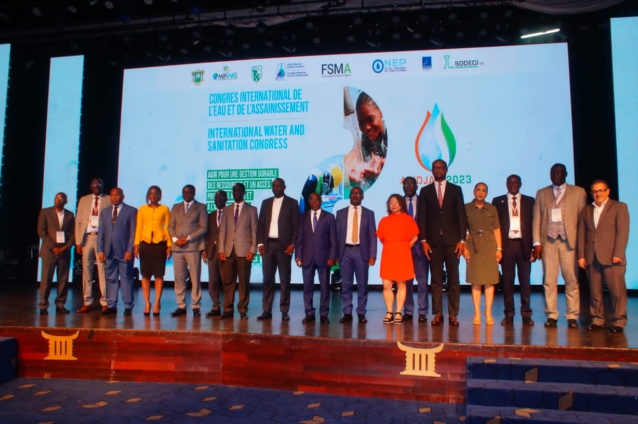The African Ministers Council On Water (AMCOW) says Ghana’s decision to rope in legislators in discussion for the formation of sanitation management guidelines is a step in the right direction.
AMCOW gathers African ministers in the sanitation sector to deliberate on best practices which can improve the deplorable menace hampering development on the continent. Several measures have been deployed over the years to improve the situation, but not much has been achieved in that regard.
At the 2023 Abidjan conference on water and sanitation, the ministers resolved to see more pragmatic steps during a review session.
According to the vice chair of the NGO, Sanitation and Water for All (SWA), Sareen Malik, the continent has made a lot of strides in getting these policies together. ‘Trying to get 55 countries to agree on one set of guidelines isn't easy, and you agree that policy making is a resource intensive exercise, that’s why you may witness some delays in implementation plans’ she underscored.
Madam Sareen promised that civil society will begin to rigorously monitor and ensure that commitments reached are fulfilled, stating, ‘we want to see cities cleaner, open defecation stopped, proper disposal of waste, availability of sanitary facilities in homes. Schools and institutions and better environment for all.’
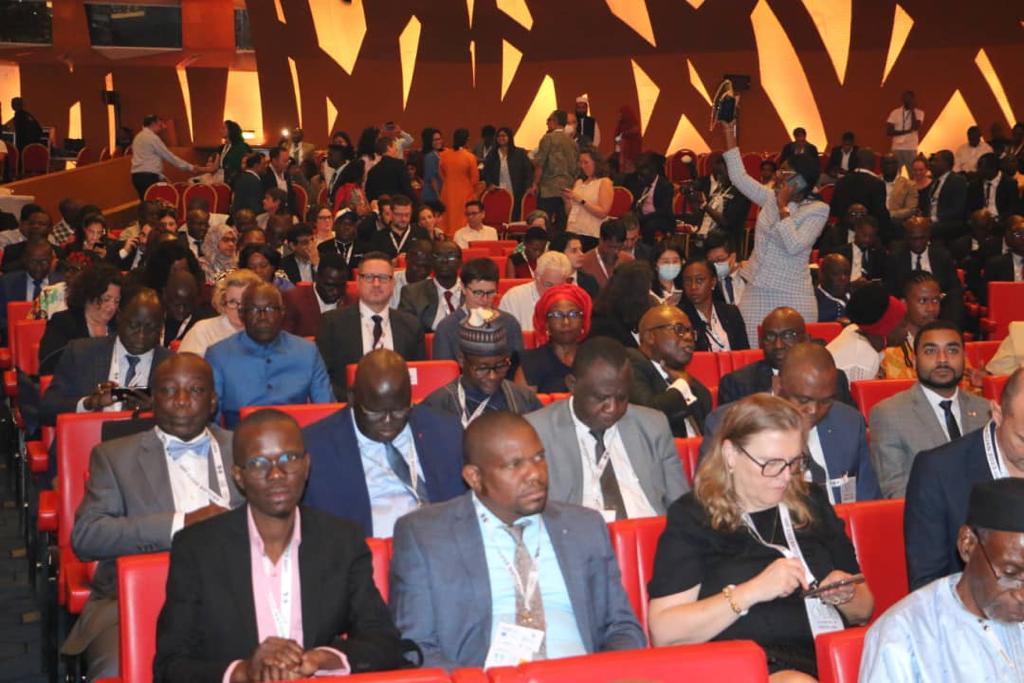
This of course will not be easy as some countries do not have sanitation as a priority list to tick out on their yearly budget. In cases where sanitation features, the monetary allocation either delays or are never received by institutions mandated to ensure proper sanitation.
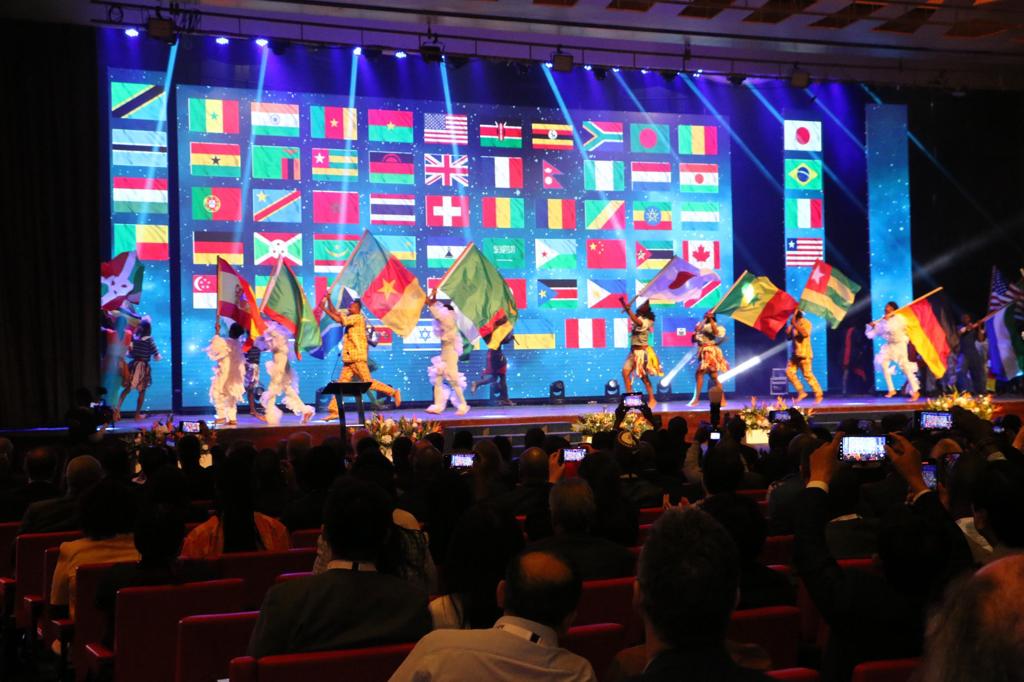
Her solution is to call for better and organized structures in member countries so they can seek support from other countries which have succeeded in their implantation plans- a task she and her group in other civil society groups, are ready to collaborate on.
The African Sanitation Guidelines
The African sanitation guidelines, which is a set of management tools designed by stakeholders to streamline policies and strategies geared at improving sanitation in countries of members will be the tenet upon which these guidelines would be implemented. It is the expectation that when the leaders meet in Guinea next year (2024) for the water and sanitation conference, reports on improved sanitation would be read at the sessions rather than more talk on how to resolve the situation. That’s why the need for the input of legislators is needed.
The African Ministers Council on Water
Highlighting the work of AMCOW, executive of the association, Tanko Yussif Azzika told JoyNews, ‘this continental platform provides guidance on how member states can use the inclusive policies and strategies as measures to draw up plans on how to improve sanitation to suit their countries.’ He mentioned how the association help member countries to ‘secure funding, how to build capacity and how to regulate the policies on sanitation.
We also assist them to monitor, evaluate and learn from other countries, ‘we thrive on partner coordination and engagement to help Africa, he said.’
That’s where the example of Ghana came into the conversation. In sharing the West African country’s example, Mr. Azzika excitedly noted ‘We were in Ghana where they were trying to use the policy to review their environmental sanitation policies. We were there to sensitize them on how to use the policy - the African Sanitation Guideline.’
He continued, ‘we realized during deliberations that as they were initiating the process of reviewing the policy, they started with their members of parliament. Now that is very important to underscore, because when these strategies and polices are eventually developed, it is the MP’s who will gazette some of the laws so they being there at this initial stage means that we already have their buy-in.’
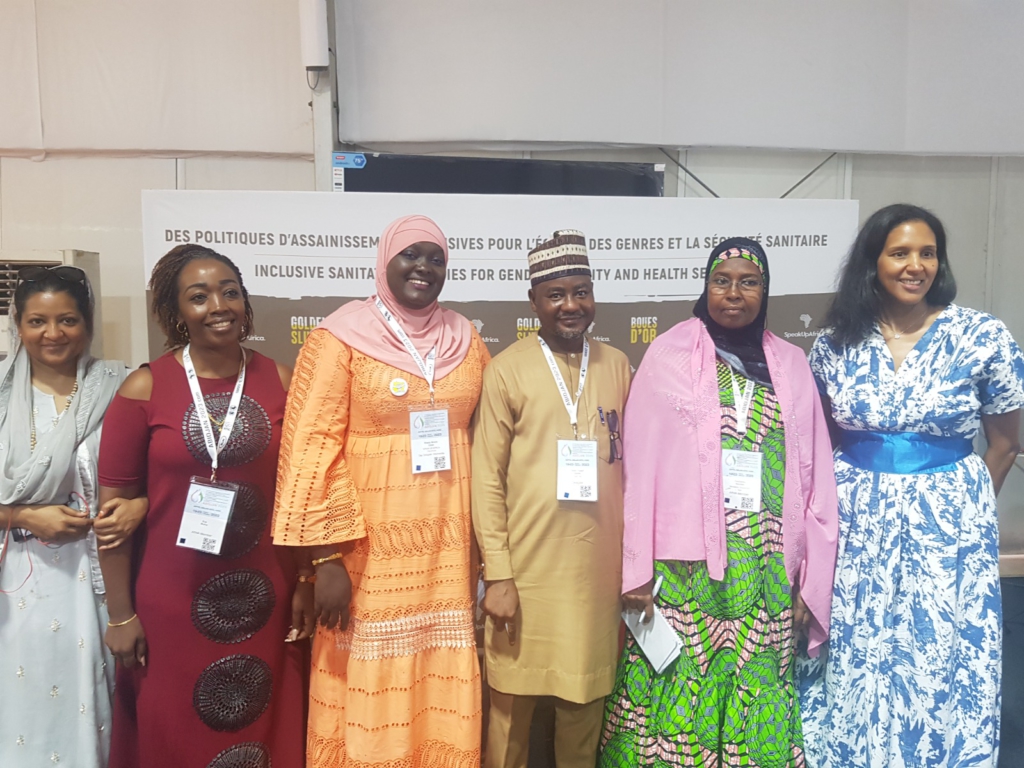
Mr Azzika urged other member countries to emulate the Ghana example noting, ‘ if the legislators in other countries, like those in Ghana are briefed or involved in the planning process, it’s easier to get them to approve laws on sanitation because now they know the benefit to be derived due to the knowledge gained during the deliberation process.’
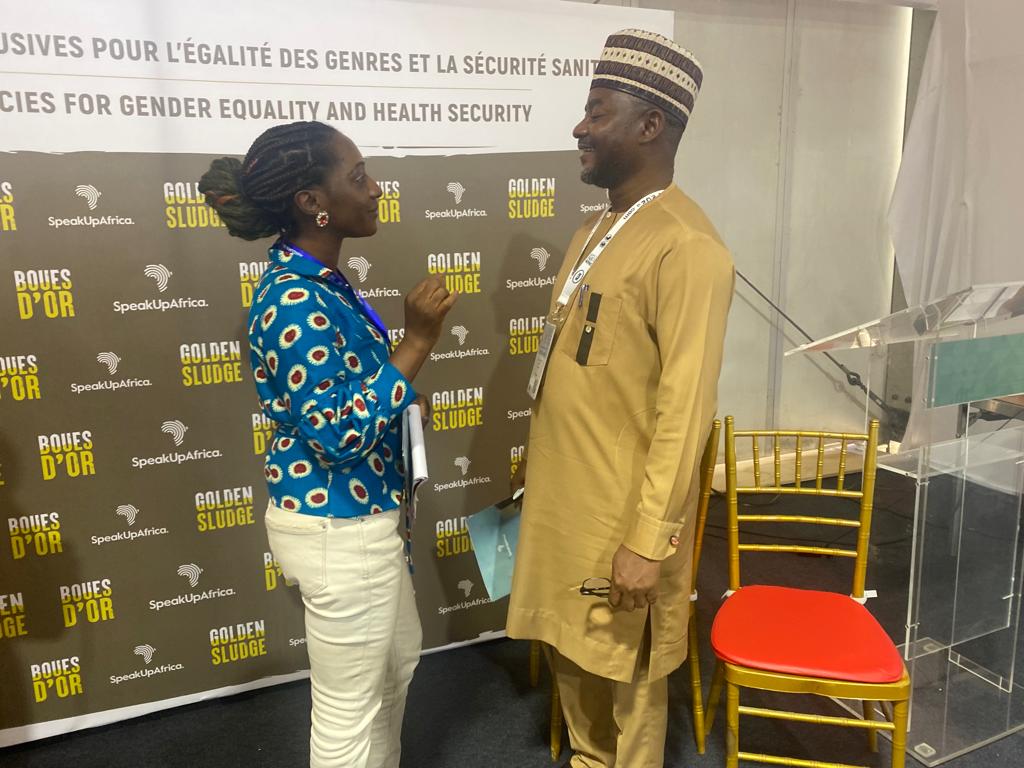
He believes this multisectoral coordination makes the legislation easy and faster edging it on the satisfaction expressed by the legislators who promised not to frustrate the process when the final draft on sanitation guidelines comes to them on the floor of parliament.
Latest Stories
-
‘Flawed from the start’ – Martin Amidu dismisses Supreme Court ruling backing Majority Leader
5 mins -
Afenyo-Markin’s bended knees recall plea insulting to electorate, waste of public funds – Martin Amidu
46 mins -
Martin Amidu: The majority leader’s memorandum to recall Parliament is needless now
1 hour -
Parliamentary disruption is a self-inflicted wound – Speaker’s lawyer criticises Supreme Court plaintiff’s actions
1 hour -
Seeds are more expensive than gold – Netherlands Ambassador calls for collective action on Agrobiodiversity
2 hours -
Grandad Sings: The 92-year-old TikTok sensation
2 hours -
‘No-one will win’: Canada, Mexico and China respond to Trump tariff threats
3 hours -
Kenya less open to visitors despite visa-free policy – report
3 hours -
New Mauritius PM has reservations about UK’s Chagos deal
3 hours -
Trump picks Covid lockdown critic to lead top health agency
3 hours -
Drake takes legal action over Kendrick Lamar’s Not Like Us
3 hours -
We’re too boring for kids for social media ban – LinkedIn tells court
4 hours -
Celebrating Prempeh, the Asantehene banished by the British
4 hours -
Nigeria boat accident leaves five dead, 20 missing
4 hours -
Election 2024: We trust EC to uphold democracy – Ghanaian Hungarian Business Council
4 hours

